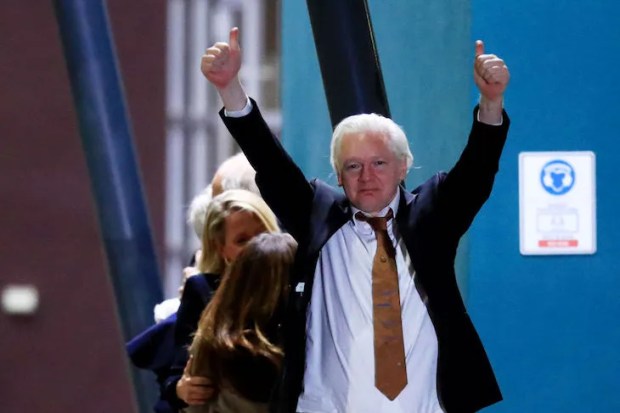Wednesday’s chaotic procedures in the House of Commons have handed an enormous soapbox to the SNP’s Stephen Flynn. The MP for Aberdeen South, who has led the Scottish National Party’s Westminster group since December 2022, has been intoning gravely that the debate ‘descended into farce’ and, with suppressed fury, told the speaker that he no longer trusted him to preside impartially over the House.
Already a subscriber? Log in
Subscribe for just $2 a week
Try a month of The Spectator Australia absolutely free and without commitment. Not only that but – if you choose to continue – you’ll pay just $2 a week for your first year.
- Unlimited access to spectator.com.au and app
- The weekly edition on the Spectator Australia app
- Spectator podcasts and newsletters
- Full access to spectator.co.uk
Or




















Comments
Don't miss out
Join the conversation with other Spectator Australia readers. Subscribe to leave a comment.
SUBSCRIBEAlready a subscriber? Log in